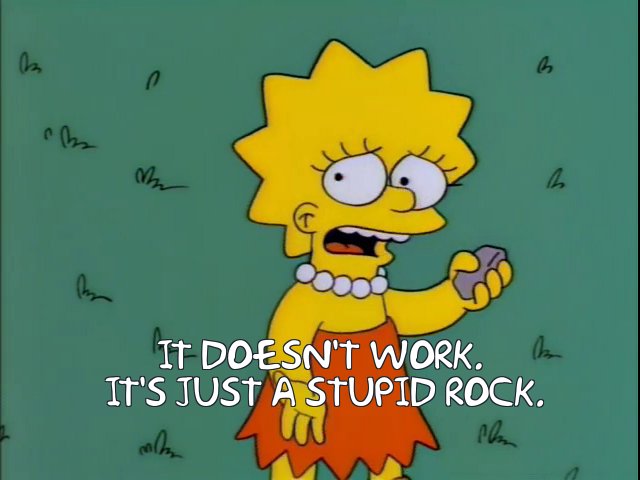Security theater profit-taking

With “not permit civilians to possess military-grade weapons” being off the American policy table, trying to protect schoolchildren is a field in which grift was probably inevitable:
Ryan Wilcox peered through his binoculars as a gunman fired at a large piece of glass propped up at a shooting range in the foothills of Utah’s Wasatch mountains.
Wilcox, a Republican state lawmaker charged with securing Utah’s schools, was eager to see if a polyester-based film, thinner than a credit card and applied to glass windows and doors, might answer a desperate nationwide query: How can schools stop attackers from shooting their way in?
Window-film dealers who sell to school districts claim their product is the answer.
Wilcox and other high-ranking state officials watched the bullet strike the film-coated glass. “It just went right through,” he said. “It failed right in front of the whole group.”
The largest U.S. manufacturers of window film, including 3M, say it can’t stop bullets or intruders. But that hasn’t stopped some window-film dealers from cashing in on false or exaggerated claims of ballistic protection.
The Wall Street Journal found that more than $100 million has been spent for the purchase and installation of window film at school districts nationwide. The film is attractive to school officials because it is a fraction of the cost of bulletproof glass.
New mandates in Utah and Texas require all public schools to install window-security measures, either window film or bulletproof glass. Tennessee now requires the application of window film at new or remodeled schools. The new requirements have spawned a proliferation of dealers in the high-profit window-film business.
Fanatically anti-gun control governments requiring schools to waste money on this stuff is perfect in its own way.


